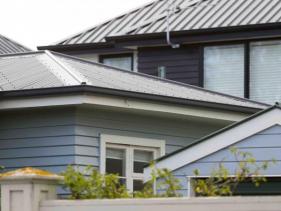
Building and resource consents processing continues
Christchurch City Council staff are continuing to process building and resource consents during the COVID-19 levels.
Click Here For Christchurch Property Valuations

Check the Tsunami Evacuation Zone MAP Here

Click Here For The High Street revitalisation and tram extension
Rubbish and Recycling Link
Wheelie Bins app
Download the app for iOS devices and Android devices.

Christchurch and Banks Peninsula properties have only risen slightly in value over the past three years, the latest district revaluation shows.
Christchurch City Council is required to carry out a general revaluation every three years to ensure that rates are spread fairly across the city.
How the new values are determined
QV looks at relevant market sales across Christchurch from around 1 August 2019, which is when the new values will be effective from.
It then uses that information to determine values for similar properties in the area.
The Office of the Valuer-General then independently audits the revaluation process.
The job, which was contracted to Quotable Value (QV) entails revaluing more than 160,000 properties across Christchurch and Banks Peninsula.
The revaluation shows that, on average, values across the district have increased about one per cent since the last revaluation was done in 2016. The average house price is now $540,000.
The biggest increase in residential values has been at the lower end of the market, while there has been a softening at the top end, analysis by QV shows.
Property owners will be able to check their new valuations online at ccc.govt.nz/rates from Wednesday 27 November. Notices informing owners of their new valuations will be mailed out in the first week of December.
The new values - sometimes called Capital Values - will apply to rates from 1 July 2020.
They do not affect the total rates collected by the Council, which are set through the Council’s Annual Plan, but they do influence how much of the total is collected from each ratepayer.
“If the rating value of your property rises or falls, your rates won’t necessarily go up or down with it,’’ explains Council Head of Financial Management Diane Brandish.
“The important thing is how your property’s capital value has changed relative to other properties in the city. If your property’s value increases by more than average, then your rates bill will go up by more than average.
“If your property’s value increases by less than average, your rates bill will go up by less than average,’’ Ms Brandish says.
Get your rates invoice by email
Did you know you can now opt to get your rates invoice emailed?
Signing up to get your rates bill by email is easy. All you need to do is register at ccc.govt.nz/ratesinvoice.
You will need your October rates invoice with you when you fill out the form as you will need your valuation number and unique document number to register for the service.
Once you have registered, you will receive your next rates invoice notice by email.









